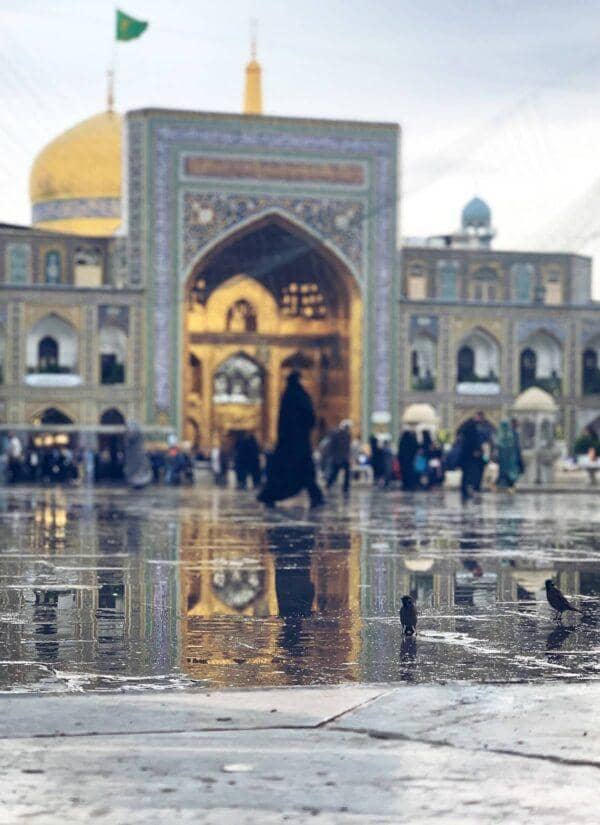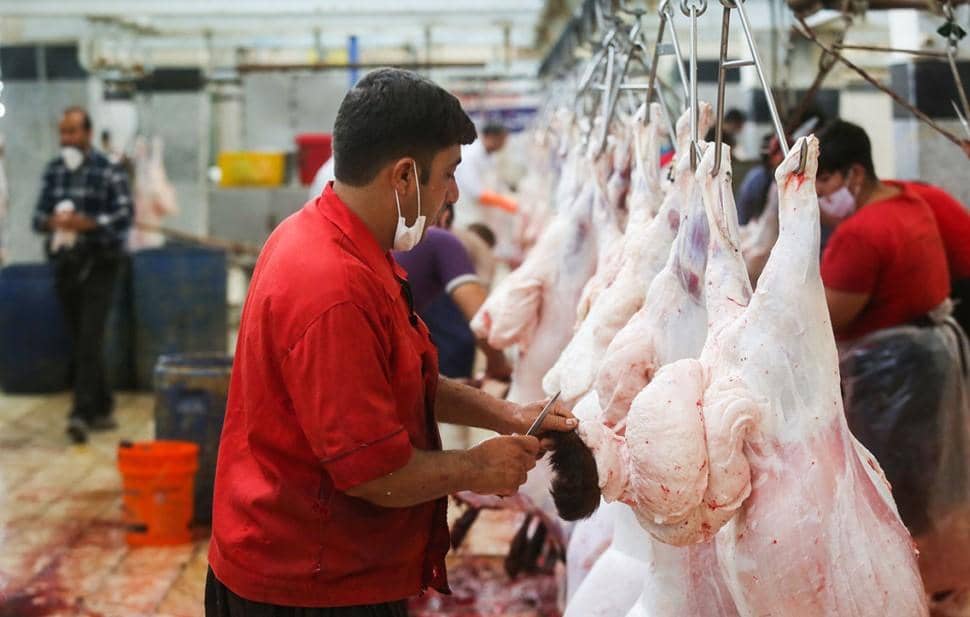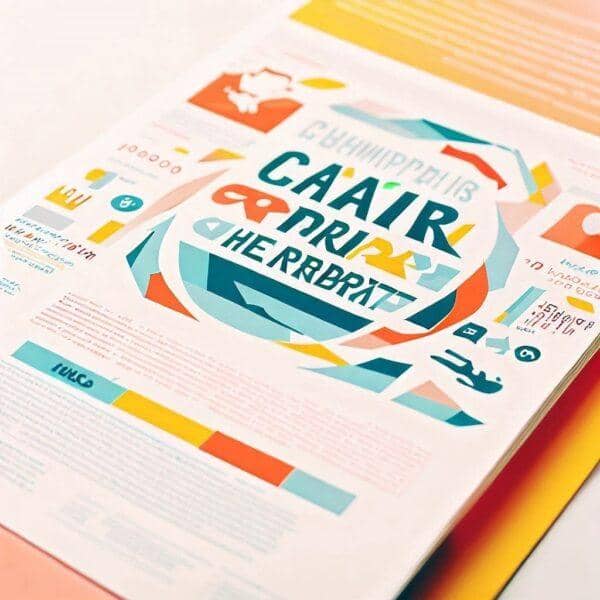As Muslims, we believe that death is not the end of life, but a transition to another realm. We believe that our loved ones are still alive in the hereafter, and that we will meet them again, if Allah (God) wills. We also believe that we can do something to honor them and to seek Allah’s (God’s) mercy and forgiveness for them.
One of the ways we can do that is by donating to holy shrines. A holy shrine is a place that is considered sacred or holy by a religious community. It may contain the relics, tombs, or memorials of prophets, saints, martyrs, or other revered figures. It may also be associated with a miracle, a vision, or a historical event that has religious significance.
There are many holy shrines in different parts of the world that are connected to Islam and its history. Some of these shrines are related to the life and teachings of Prophet Muhammad (peace be upon him), who is the final messenger of Allah (God) and the founder of Islam. Some are related to his family members, companions, successors, or descendants, who are known as the Ahl al-Bayt (the people of the house) or the Imams (the leaders). Some are related to other prophets or saints who came before Prophet Muhammad (peace be upon him) and preached the message of monotheism and righteousness.
We visit these holy shrines to pay our respects, to seek guidance, to ask for intercession, to express our devotion, and to experience the spiritual atmosphere. We also donate money, food, clothing, medicine, and other items to these shrines as a way of showing our gratitude, generosity, charity, and piety.
Why do we donate to holy shrines? There are many reasons why we may choose to do so. Some of them are:
- To honor a deceased loved one: We may make a donation or vow to a holy shrine as a way to honor a deceased loved one or to seek blessings for their soul. We may view such acts as a way to express our love and gratitude for those who have passed away or to seek Allah’s (God’s) mercy and forgiveness for them. We may also hope that our donation will benefit the cause of Islam and the welfare of the Muslim community.
- To seek blessings for ourselves or others: We may make a donation or vow to a holy shrine as a way to seek blessings for ourselves or our living family members and friends. We may view such acts as a way to ask Allah (God) for protection, health, happiness, success, guidance, or any other good thing we desire. We may also hope that our donation will bring us closer to Allah (God) and His beloved servants.
- To fulfill a vow or an oath: We may make a donation or vow to a holy shrine as a way of fulfilling a vow or an oath we have made in the past. We may have made such vows or oaths in times of difficulty, distress, or need, promising Allah (God) that we would donate something if He granted us our wish or relieved us from our hardship. We may view such acts as a way of keeping our word and showing our sincerity and faithfulness.
Each shrine has its own history, significance, and beauty that attracts and inspires us from all walks of life. By donating to these holy shrines, we express our faith, love, gratitude, generosity, and solidarity with our fellow believers. We also hope to receive Allah’s (God’s) favor, mercy, forgiveness, and reward in this life and the hereafter.
I hope you enjoyed reading this article as much as I enjoyed writing it for you. I hope you learned something new and useful from it. I hope you will share it with your friends and family who may benefit from it. And I hope you will continue to honor your loved ones by donating to holy shrines. May Allah (God) bless you and your loved ones always. Ameen.




















